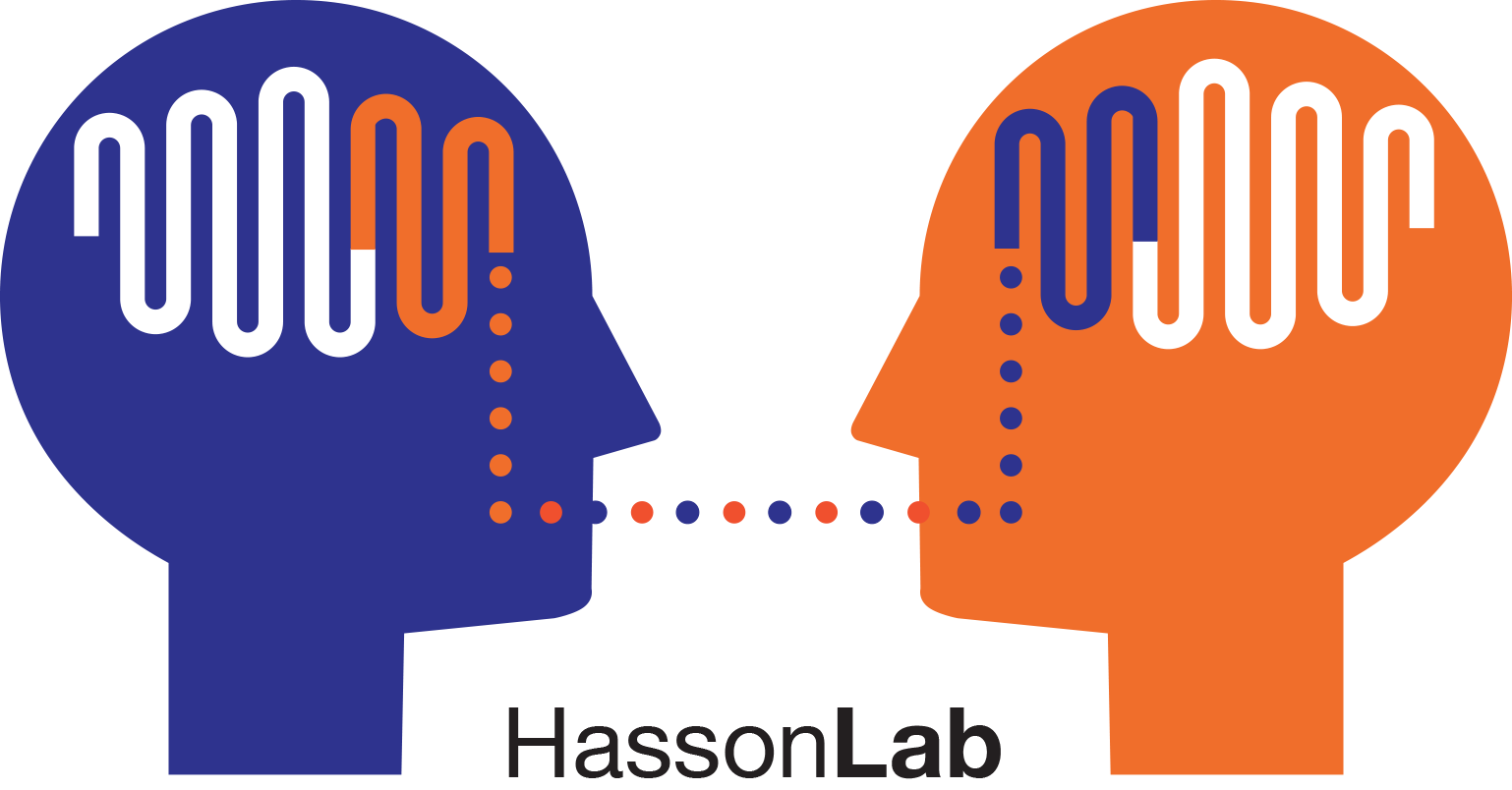Accessing Real-Life Episodic Information from Minutes versus Hours Earlier Modulates Hippocampal and High-Order Cortical Dynamics
Type
It is well known that formation of new episodic memories depends on hippocampus, but in real-life settings (e.g., conversation), hippocampal amnesics can utilize information from several minutes earlier. What neural systems outside hippocampus might support this minutes-long retention? In this study, subjects viewed an audiovisual movie continuously for 25 min; another group viewed the movie in 2 parts separated by a 1-day delay. Understanding Part 2 depended on retrieving information from Part 1, and thus hippocampus was required in the day-delay condition. But is hippocampus equally recruited to access the same information from minutes earlier? We show that accessing memories from a few minutes prior elicited less interaction between hippocampus and default mode network (DMN) cortical regions than accessing day-old memories of identical events, suggesting that recent information was available with less reliance on hippocampal retrieval. Moreover, the 2 groups evinced reliable but distinct DMN activity timecourses, reflecting differences in information carried in these regions when Part 1 was recent versus distant. The timecourses converged after 4 min, suggesting a time frame over which the continuous-viewing group may have relied less on hippocampal retrieval. We propose that cortical default mode regions can intrinsically retain real-life episodic information for several minutes.

